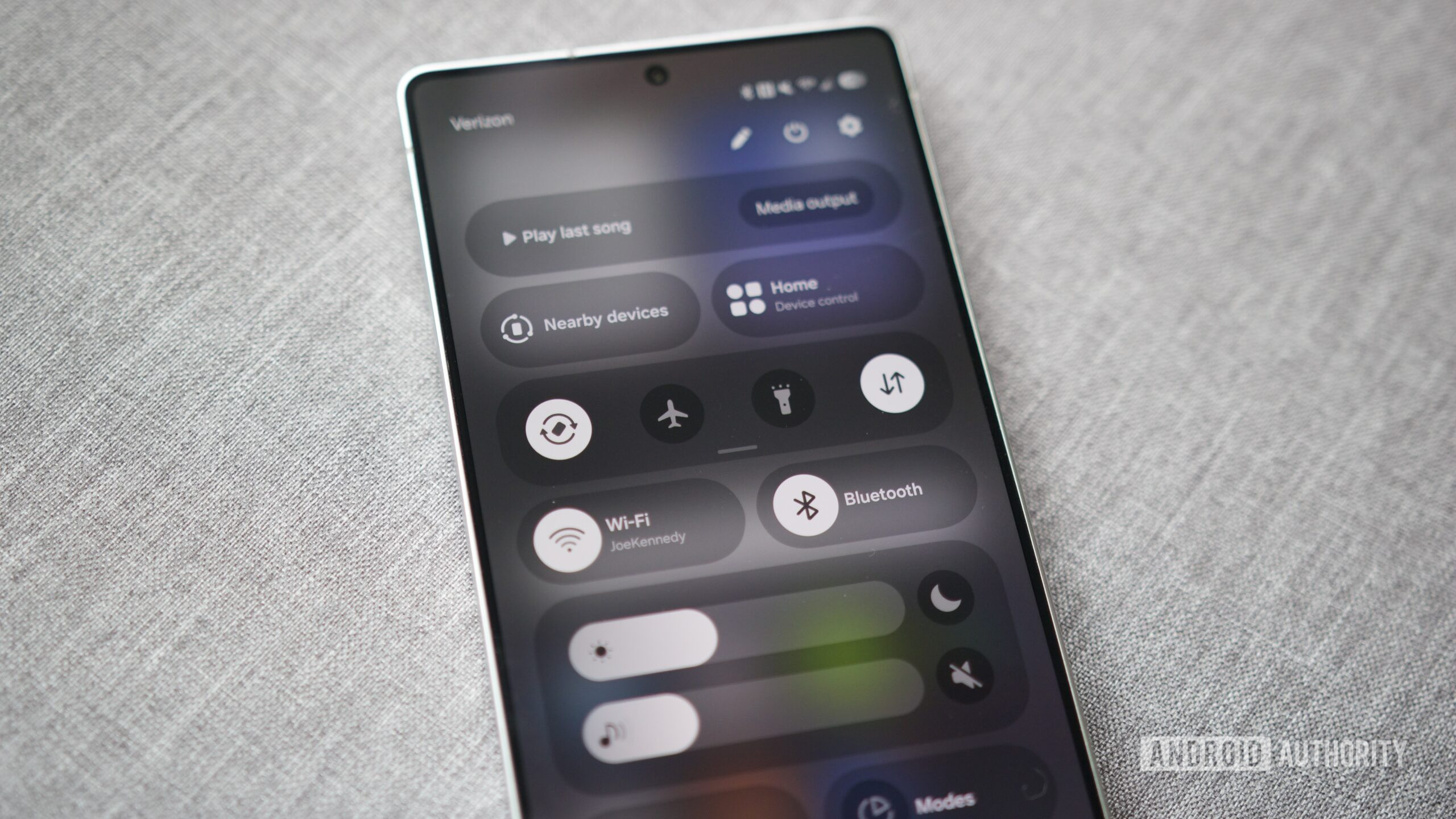Pediatric Sedation Dentistry for Stress-Free Dental Appointments
Learn how pediatric sedation dentistry helps make dental visits stress-free for children. Ensure comfort and calmness during treatments.

Many children feel anxious during dental visits, which can make treatments difficult. To ease this fear, pediatric sedation dentistry offers safe options to keep kids calm. It helps children feel relaxed and reduces stress during procedures. Whether it's a routine cleaning or a filling, sedation ensures a smoother experience. Understanding how it works helps parents make informed decisions about their child’s oral care.
The Importance of Sedation in Helping Children During Dental Procedures
Sedation helps children feel relaxed during dental procedures. It minimizes fear, making treatments more manageable for both kids and parents.
Reducing Anxiety and Fear in Children
Dental anxiety is common in kids. Sedation methods help ease this fear, making children more comfortable. When anxiety is low, dentists can work efficiently, and kids have a more positive experience.
Ensuring Safety and Comfort
Safety is a top priority in pediatric sedation dentistry. Dentists follow strict guidelines to ensure sedation is appropriate. Kids feel calm and comfortable, making procedures less stressful.
Improving Treatment Outcomes
When children are relaxed, dentists can complete treatments faster and with better precision. This helps prevent complications. Calm patients also experience less discomfort during and after procedures.
Types of Sedation Used in Pediatric Dentistry
Different sedation options suit various levels of anxiety and treatment types. Understanding each type helps parents choose the best option for their child.
Nitrous Oxide (Laughing Gas)
Nitrous oxide is a mild sedative inhaled through a mask. It keeps children relaxed without making them unconscious. The effects wear off quickly, so kids recover fast after the procedure.
Sedation for Moderate Anxiety
For children with higher anxiety, sedation is a good option. It involves taking medication before the appointment. Kids stay awake but feel calm and less aware of the procedure.
IV Sedation for More Complex Procedures
IV sedation is used for more involved treatments. It provides deeper relaxation while keeping the child conscious. Dentists carefully monitor vital signs to ensure safety.
When to Choose Pediatric Sedation Dentistry for Your Child
Not every dental visit requires sedation. However, some situations benefit from using sedation methods to ensure a smooth experience.
When to Use Sedation for Kids with Severe Dental Anxiety
Some children experience extreme fear during dental visits. Sedation helps them feel calm and reduces stress. This approach makes dental care less traumatic.
Sedation for Children During Lengthy or Complex Procedures
Long treatments can be hard for kids to endure. Sedation helps them stay relaxed throughout the procedure. This makes it easier to complete treatments without interruptions.
Helping Kids with Special Needs or Sensory Sensitivities
Children with special needs or sensory sensitivities often struggle with dental visits. Sedation provides a calming solution. It helps make the experience more manageable for them and the dental staff.
Ensuring Safety for Children During Sedation Procedures
Safety is critical when using sedation in pediatric dentistry. Dentists take several steps to ensure children remain safe and comfortable.
Thorough Pre-Sedation Evaluation for Safe Treatment
Before sedation, dentists assess the child’s medical history. They check for allergies, existing conditions, and medications. This evaluation ensures the chosen sedation method is safe.
Continuous Monitoring of Vital Signs During Sedation
Dentists and trained staff closely monitor vital signs throughout the procedure. They track heart rate, breathing, and oxygen levels. This attention ensures safety and comfort.
Post-Sedation Care Instructions for Smooth Recovery
After the procedure, dentists provide clear instructions for recovery. Kids may feel groggy, but this fades quickly. Following aftercare guidelines helps ensure a smooth recovery.
Key Benefits of Sedation for Children’s Dental Procedures
Sedation dentistry offers several advantages for both children and parents. Understanding these benefits helps make informed decisions.
Reduces Fear and Makes Dental Visits Stress-Free
Sedation reduces fear, making dental visits less stressful. Kids who have positive experiences are more likely to continue regular dental care.
Helps Children Cooperate Better During Treatments
Relaxed children are more likely to cooperate during procedures. This helps dentists work efficiently and complete treatments smoothly.
Improves Oral Health Through Timely Dental Care
When kids receive timely treatments, their oral health improves. Sedation helps prevent delays caused by fear or anxiety. Healthy teeth and gums lead to better overall health.
Preparing Your Child for a Successful Sedation Visit
Preparation helps ensure a smooth sedation experience. Follow these tips to help your child feel more comfortable before the appointment.
Discuss the Procedure Calmly
Explain the procedure in simple terms. Reassure your child that the dentist will help keep them comfortable. Avoid using scary words like “pain” or “needle.”
Follow All Provided Pre-Sedation Instructions Carefully
Your dentist will provide instructions on eating and drinking before the appointment. Following these guidelines ensures the sedation works safely and effectively.
Bring Familiar Items to Keep Your Child Comfortable
Familiar items like a favorite toy or blanket can help ease anxiety. These items provide comfort and make the experience less intimidating.
Common Myths About Pediatric Sedation Dentistry
Some parents hesitate to use sedation due to common misconceptions. Clearing up these myths helps parents make confident decisions.
Myth: Sedation Is Unsafe
Sedation is safe when administered by trained professionals. Dentists follow strict guidelines to ensure safety. Pre-sedation evaluations and monitoring help prevent risks.
Myth: Sedation Is Only for Major Procedures
Even simple treatments can benefit from sedation if a child has high anxiety. It’s not limited to complex procedures.
Myth: Kids Will Sleep Through the Entire Procedure
Most sedation methods keep children awake but relaxed. They remain conscious and can respond to instructions, making it safer.
Conclusion:
A positive dental experience sets the foundation for lifelong oral health. Pediatric sedation dentistry helps children feel relaxed and reduces anxiety during treatments. This approach ensures procedures are completed smoothly and comfortably. By offering options like oral sedation, dentists make visits less stressful for anxious children. Choosing sedation when needed helps your child receive the care they need. It promotes healthy teeth, a confident smile, and a better relationship with dental care.
What's Your Reaction?
 Like
0
Like
0
 Dislike
0
Dislike
0
 Love
0
Love
0
 Funny
0
Funny
0
 Angry
0
Angry
0
 Sad
0
Sad
0
 Wow
0
Wow
0

















































